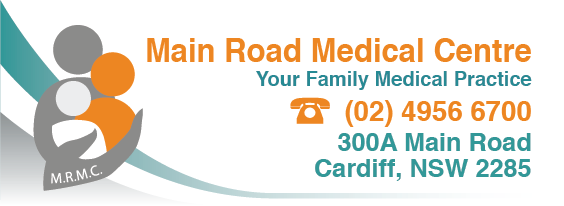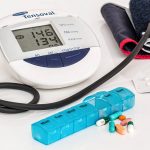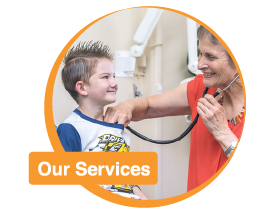From 45 years of age onward, there is an increased focus on health screenings, and there are some prompts we all get to put our health in order. Whether it’s a gradual realisation of a sudden event, we all reach that point when we discover our bodies aren’t what they used to be.
For those aged 45−49, it’s largely a questionnaire-based assessment. We get people who may be at risk of diabetes or heart disease or hypertension and go through their history to try to find out if there are many ways that we can help them modify their risk factors, modify their lifestyle, modify their exercise and modify their diet.
Yes, we check their cholesterol and their sugar and even their liver function as part of these health screenings, because there’s an enormous amount more fatty liver around these days than there was 15 or 20 years ago. We provide a general screen for those things and a questionnaire—our nurses are very helpful and patient with that sort of stuff.
The two types of health screenings
There are three ways these health screenings can happen. Some patients start to worry when they hit their mid-40s and just come in. Sometimes it’s a doctor-driven event where we will see a patient who is in their mid-40s, and recommend that they get their health records up to date, and check those details.
Alternatively, the nurses can go through the database and compile a list of people who are between 45 and 49 and send them out an invitation to come in.
At 75, there’s often a range of pit stops for different reasons. With 75-year-olds, health screenings will also entail trying to make sure that everything is under control at home—that any services they need in place are there, that they’re managing fine.
Of course, as they get to 75, more people are having trouble with their memory. It’s also about making sure that they’re not at risk of falls in the home—that they don’t have loose rugs they might trip over, for example. We find that 75-year-olds are more interested in having health screenings than 45-year-olds, too.
The role of our nurses
We have a nurse who goes out to check homes and assesses any hazards. One of our registered nurses will go out and do home-health assessments and can actually look at the house and assess it and see whether there are any of those sorts of trip hazards around or whether there’s blue food in the fridge and that sort of thing.
An occupational therapist can arrange for things like railings to be put in or handles to be put in the toilet, or lever taps and all those technical things that can make life more comfortable for people who are older. Some patients pay for this privately, but veterans can usually get this covered by the department—it’s certainly worth checking about this.
In conclusion
It makes a lot of sense to get health screenings as you approach middle age, and again once you’re over the age of 75. We’ll make it easy for you to do so, and the rewards are hopefully a happy and healthy second half of your life.














Sorry, comments are closed for this post.